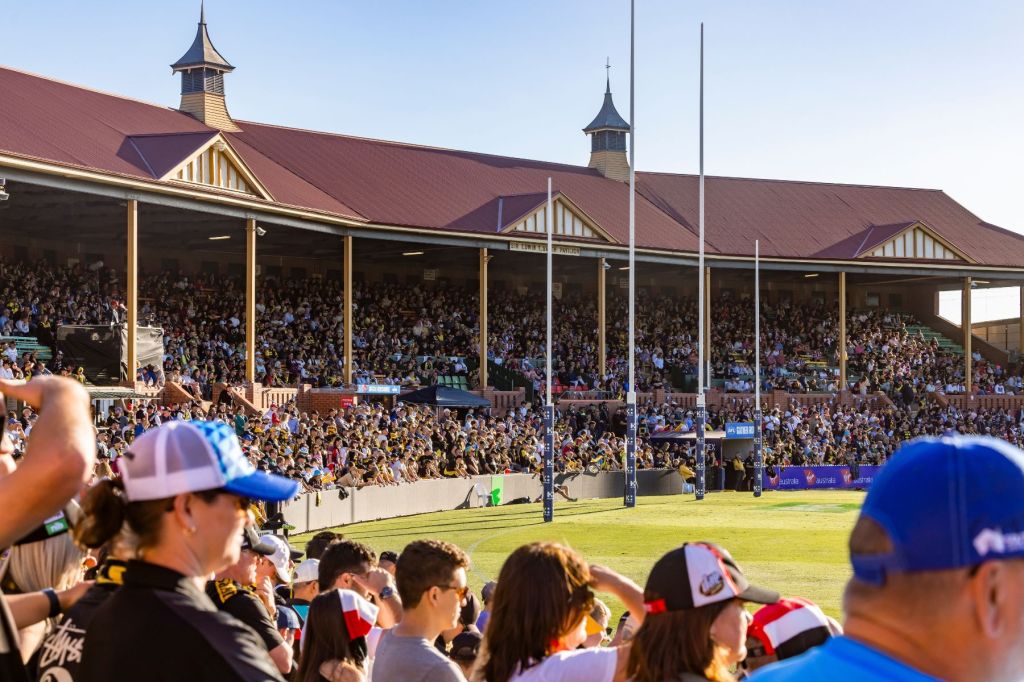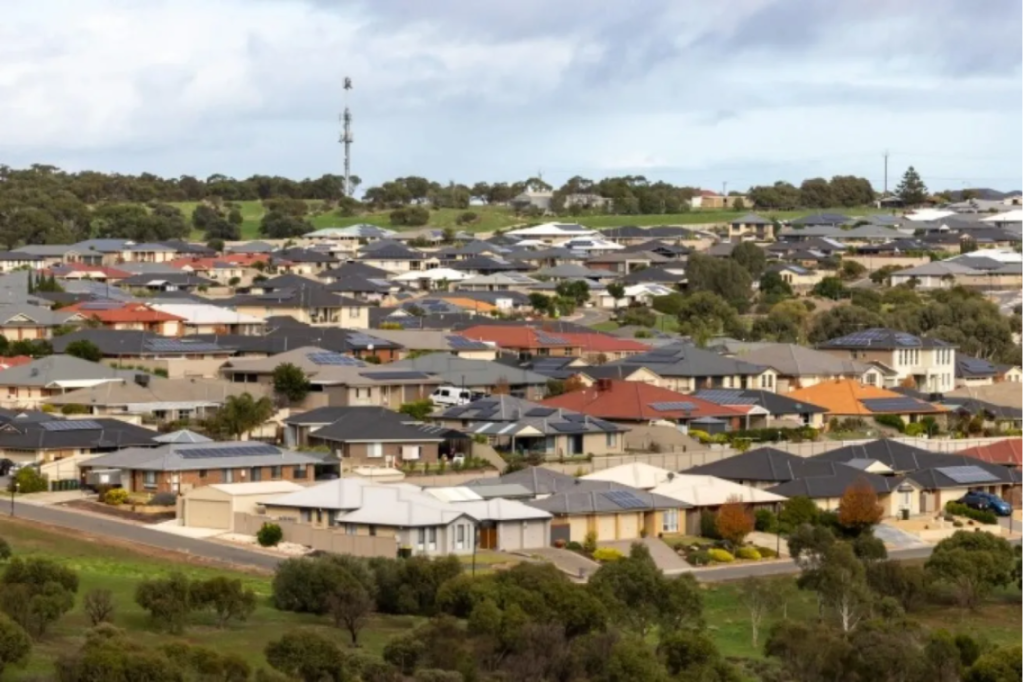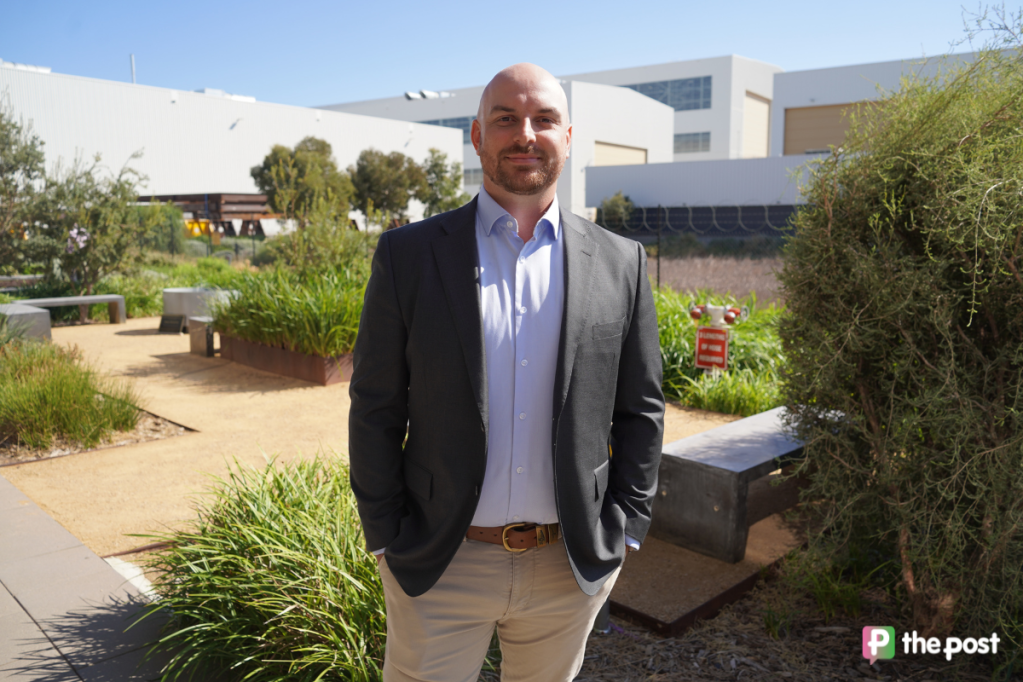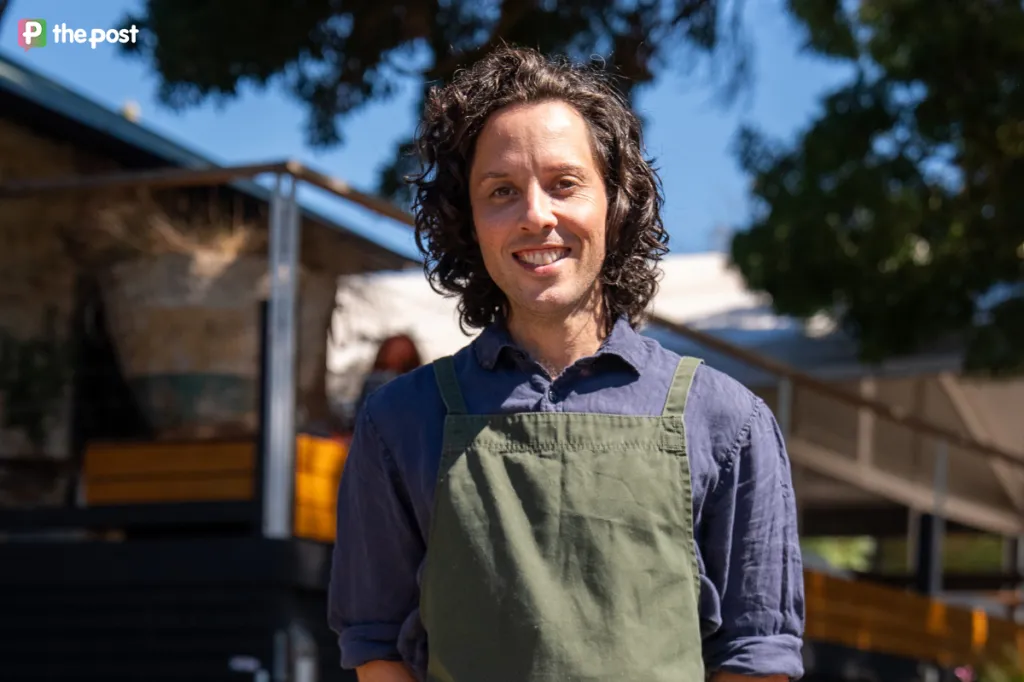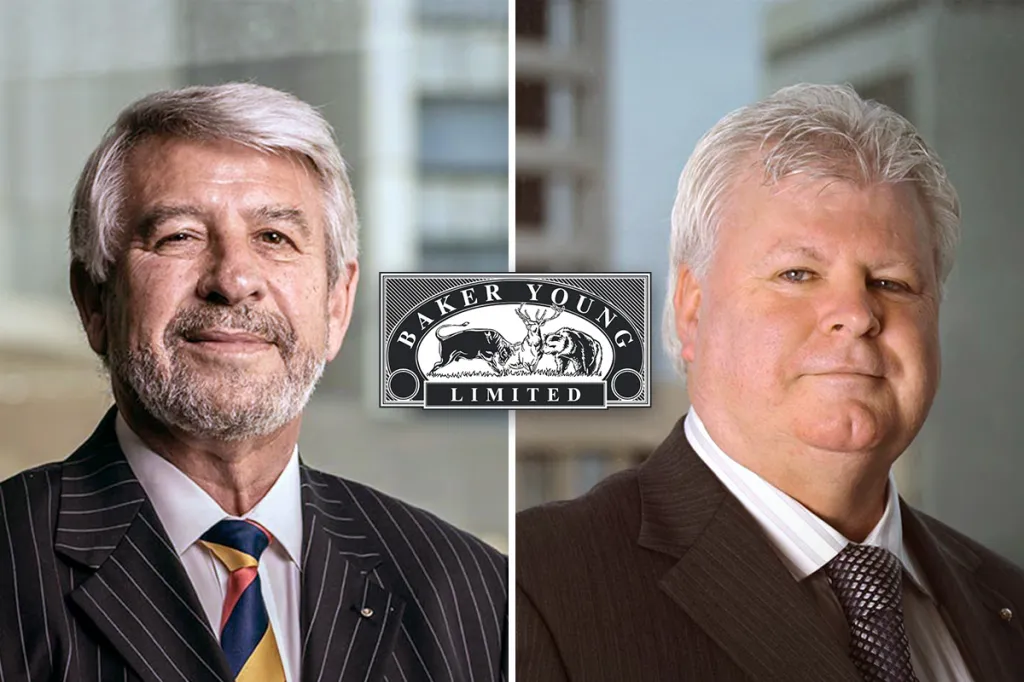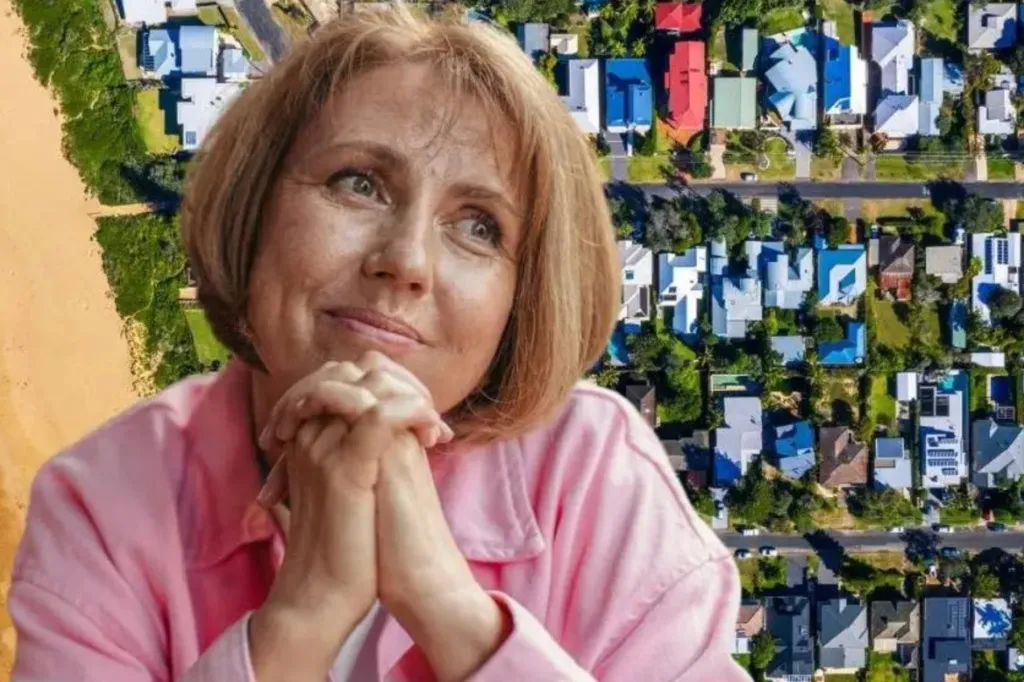Interstate bid to jumpstart stalled Adelaide bus manufacturer
A Sydney-based business says it wants to buy an Adelaide bus manufacturer which went into administration last month – as long as the state government is flexible about the timetable to deliver contracted school buses.
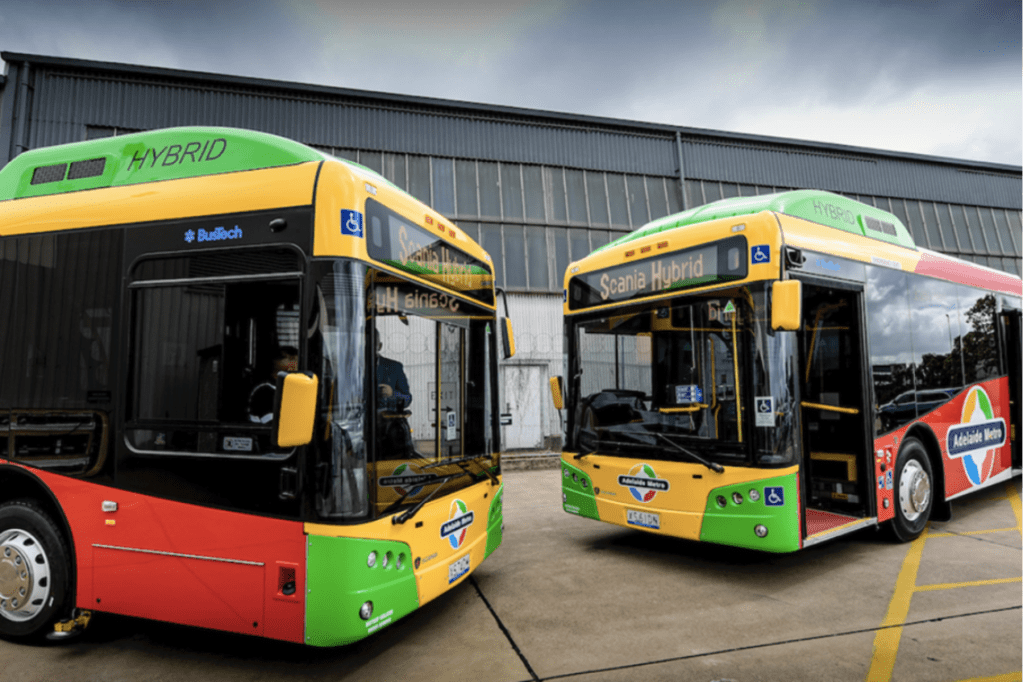
The companies employ more than 100 staff across the two states, making it Australia’s second biggest independent bus manufacturer.
Sydney-based GoZero Group has made a bid to acquire BusTech in a deal that would make the company Australia’s largest bus builder.
In a proposal negotiated by Melbourne-based administrator Ben Verney, the acquisition would see 65 South Australia-based jobs and 45 Queensland-based jobs remain, and existing contracts, including with the state government, to be carried out.
GoZero Group managing director Stephen Cartwright told InDaily the acquisition was dependent on the outcome of discussions with the South Australian and Queensland governments.
“We need to have a commitment from the relevant state governments that are currently customers of BusTech to be a little flexible in terms of the delivery arrangements for the buses that are currently in progress,” Cartwright said.
“We’re going to enter into those conversations in the next couple of days, and provided the state government can be flexible, then there should be no reason why we can’t complete [the acquisition], and all those jobs [get] saved in South Australia and Queensland.”
You might like
A government spokesperson today said it was “heartening that a buyer for BusTech has been identified”.
“We look forward to hearing more detail about Nexport’s plans for the SA-based operations in particular,” they said.
Nexport is one of four brands under the GoZero Group, a “leading supplier of zero-emission vehicles for passenger mobility” that provides electric buses for public, school and private charter transport.
BusTech was party to a $11.75 million contract that the state government signed with Scania, with the Adelaide firm subcontracted to build vehicle bodies and put them on chassis built by Scania.
“The responsibility for meeting those contractual obligations ultimately rests with Scania,” a state government spokesperson said today.
Cartwright said any BusTech contracts would be honoured under the acquisition.
“The buses will still be delivered, the terms under which they’ll be delivered can still be complied with,” he said.
“It’s just I need a little flexibility from the governments while we get the factories up and running again.
Stay informed, daily
“There have been some early discussions but you’ve got to think to yourself, why would any government not want to support local manufacturing?”
Transport Minister Tom Koutsantonis said last month that the state government had “provided what assistance we can to BusTech within existing contractual mechanisms for an extended period of time”.
“It’s always disappointing to see a local business in this situation,” he said.
Cartwright said he was not concerned BusTech’s previous difficulties would be repeated should the acquisition go ahead.
“We have perfected ways of manufacturing buses that substantially reduces the hours that it takes to make a bus, we can produce world-class busses in terms of quality, but we can also be very efficient and price competitive in the way we do it,” he said.
“I’m very confident we can bring that knowledge to BusTech.”
The GoZero Group employs more than 300 people and provides transport solutions to commercial and government clients through its portfolio.
As well as Nexport, the group also owns the NSBC Group, which is New South Wales’s largest bus and coach charter company, and Foton Mobility Distribution, which supplies “new energy heavy vehicles”, having commissioned Australia’s first Hydrogen City bus in 2021.
Cartwright said BusTech was “incredibly complimentary to [GoZero Group’s] existing manufacturing business”.
“We’ve been doing this a while, but we didn’t have a presence in Queensland and we didn’t have a presence in South Australia. So putting the two together is incredibly complimentary, and makes us the largest bus manufacturer in Australia,” he said.
“It positions us really well to spend the next 10 to 15 years building electric buses and hybrid buses for governments and for private sector clients around the country.”
Cartwright said if the deal goes ahead, factories could be “up and running again within days”.
“For every bus we build in Australia, five Australian jobs are created or retained.
“Having a strong and predictable pipeline of bus orders is the key to the sustainability of local bus manufacturing, the creation of jobs (including four-year apprenticeships) and the renewal of the public transport fleet with low and zero emission buses.”
